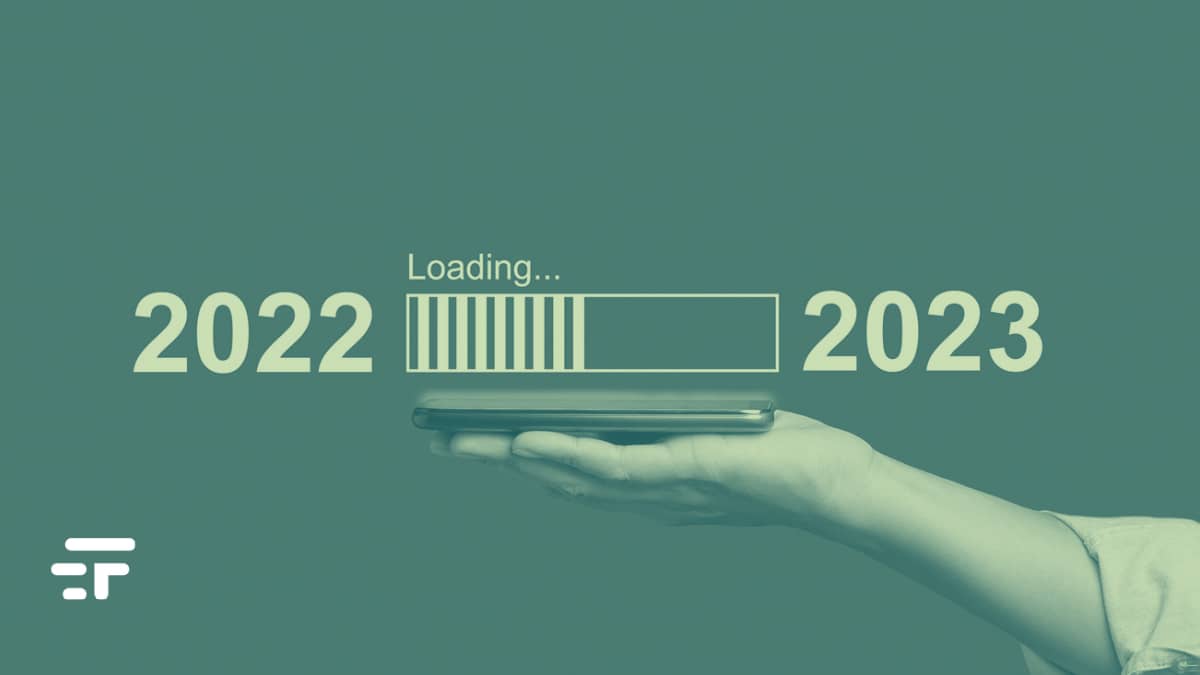Anyone who has been reading Futuro Prossimo for some time knows that this is the traditional year-end post, dedicated to predictions and good wishes. For example, if you want to take stock of the things imagined (between those that are totally or partially wrong and those absolutely foreseen), find here that of 31 December 2021, and here that of 31 December 2020.
And now?
Technology is a constantly evolving industry, and as with any industry, there are times when we feel more optimistic and others less so. For much of 2022, I had doubts about technology and its ability to bring about positive change, conditioned by the fact that for many months its use has been linked above all to the themes of the war in Ukraine. In recent months, however, my optimism has grown again.
One of the things that changed my mind was the success of decentralized social networks like Mastodon. Only a few followers are missing from the account Near future on Mastodon to overcome those of Twitter: in the first case it took 7 months, in the second case 16 years. You do. This small redemption after years of constant deterioration in the large social platforms makes me think that social media still has something to offer and can still improve. And then, what about the devastating impact ofgenerative artificial intelligence, the expansion of augmented and virtual reality technologies, and the advancement of medical technologies? Signs that give the idea of two things: first, at the end of 2022 times are really dark between high inflation, possible economic recession and a large part of the technology industry in contraction. Second, it is in dark times that the best changes are conceived. Here are the ones I imagine for 2023.
The Gods will continue to fall
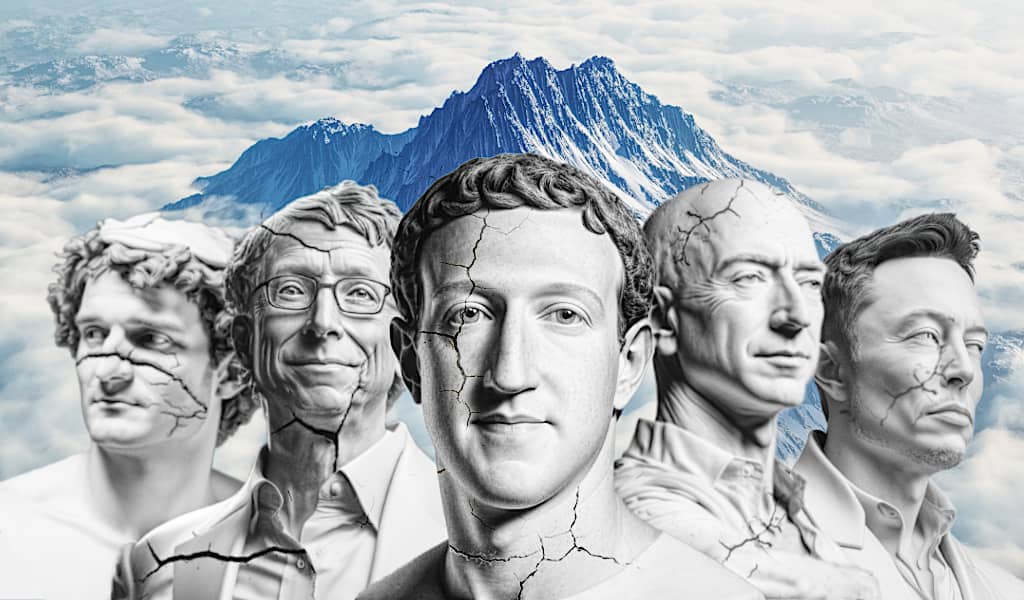
There has long been an ongoing debate about the size and power of Big Tech. Some say that these companies are too big and strong to fail or stop: others think differently. The point is this: these are truly structured companies, but now none of them seem as "invincible" as they once did. The gods have fallen, in 2022. On the stock exchange A it lost 40% in one year. Apple Lossless Audio CODEC (ALAC), the 30%. Tesla the 67%. Meta the 62%. Amazon the 48%. I could go on.
Despite the immense size and power of large Internet companies, they are still subject to a number of external forces that can erode their success. Rapidly evolving technology and increasing competition make it increasingly difficult for these organizations to remain stable. Additionally, government regulations affecting the industry add an additional layer of difficulty in sustaining momentum. In 2023, we will see these companies further scale and/or adapt. And that won't be a bad thing. Perhaps they will also make room for new, interesting protagonists. This brings us to prediction number 2.
Little giants will grow
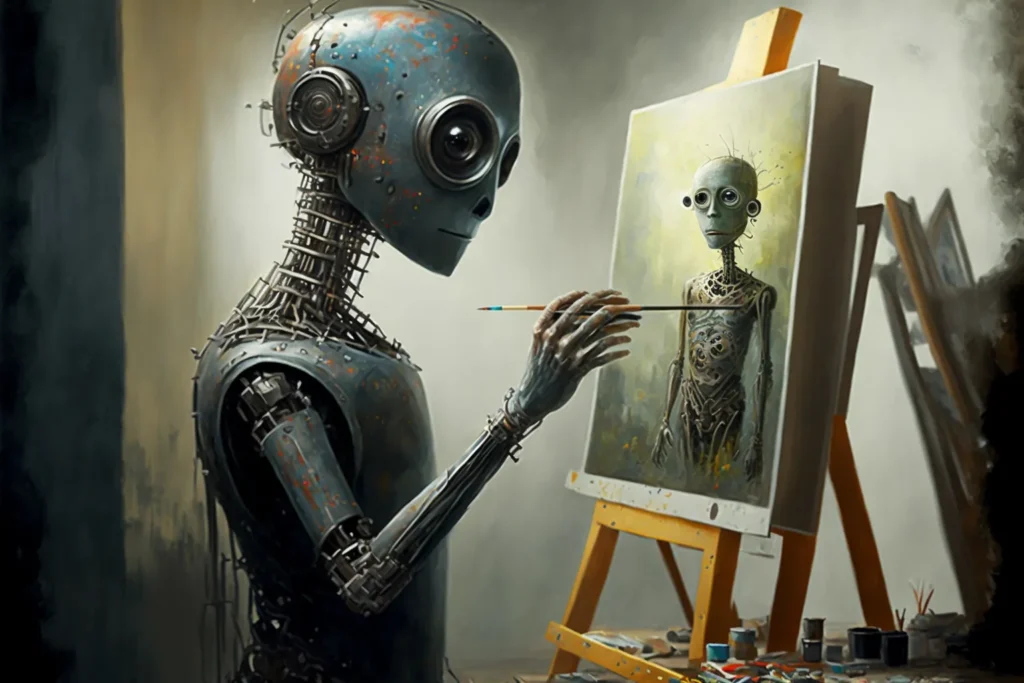
Even in the field of artificial intelligence we thought that only Google, Meta, Amazon and company could "lead", since they had access to the best talent and the most data. No one else would have been able to compete with them. Yet, the most significant advances in AI in recent years have been made by OpenAI, a company founded as a non-profit organization. Earlier this year, OpenAI launched DALL-E2, demonstrating how powerful and creative one can be in the field of AI-generated art. This triggered a real earthquake, with similar projects such as MidJourney and Stable Diffusion.
At the end of the year, then, the bang: Chat GPT has aroused great interest in his progress, to the point where some have even suggested that could threaten Google's search business. It is still too early to make such bold claims, and ChatGPT is not yet able to compete with the search engine giant. There's definitely potential, though. And just a year ago many would have considered it impossible. At the moment, the responses from Google and Meta have been weak and insufficient. This is also a good thing: maybe they will take a run, finally challenged, and raise the bar. Maybe. In May 2023 Google is expected to present its big answer. We await you.
We will have more modular and sustainable computers (finally)
2022 was the year of Framework, and with its emergence the right of users to have computers that are easier to assemble, disassemble and expand ended up at the center of the debate: with less waste and less expense. The first steps of this company and its innovative vision are important and expected at this end of the year, because they encourage users to take care of their devices independently.
In a world where large corporations often thwart the so-called “right to repair,” Framework saw this opportunity to stand out and stand out in a highly competitive market, and it did. Next year this will be a principle not to be underestimated: and perhaps it will create (I don't hope too much, but who knows) a long wave that will also bring out other companies with computers that are easy to repair and modify. We deserve it.
More attention to fraud, and less enthusiasm for cryptocurrencies
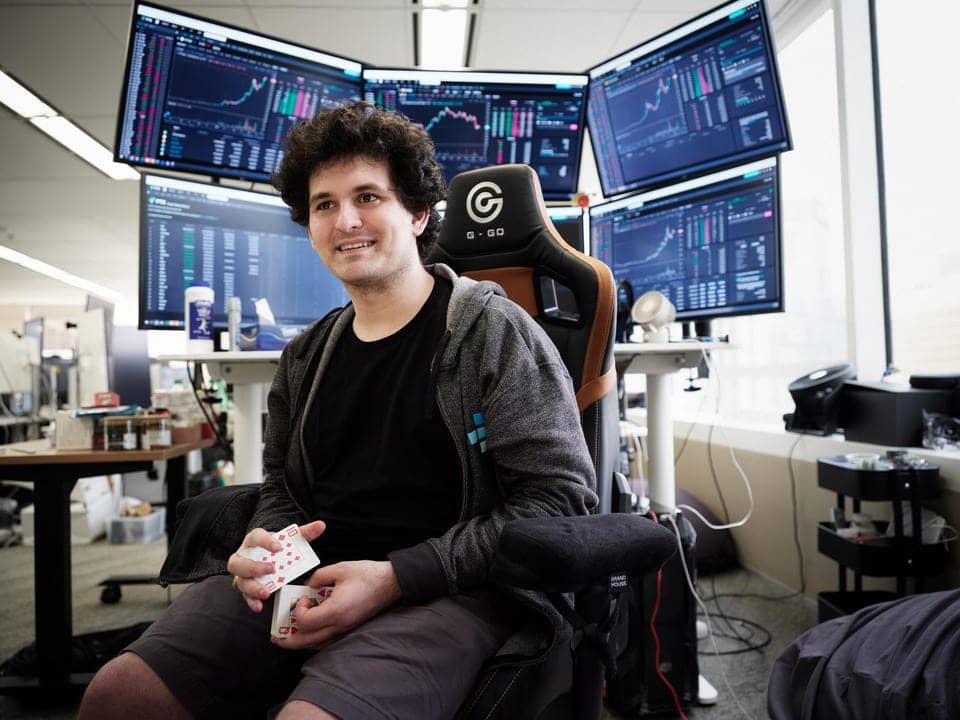
Sometimes the boundaries between a prediction and a wish become blurred. I think it is the same when thinking about cryptocurrencies. Last year they were the subject of one of my (few) wrong predictions: it was a prediction entirely oriented by the opportunities of cryptocurrencies, and little by risks. In other words, too optimistic.
The recent cryptocurrency crash and the spectacular failure of FTX These might seem like bad news for technology, but I don't see it that way. Many saw (and still see) the world of cryptocurrencies as an opportunity to create a more decentralized financial system: unfortunately these ideas have often been stifled by fraud, scams and Ponzi schemes.
The collapse of these fraudulent businesses could bring attention to the true potential of the technology, allowing people who are not just interested in monetary gain to use it to do useful things. Furthermore, this collapse could be an opportunity to rebuild the system more efficiently and solve the problems of the old model. In summary, the apparent “bad” news for technology may actually be an opportunity to improve the way things are done. I therefore expect more attention to the topic, and less easy enthusiasm: this is a time when money is not given away.
Make way for microgrids and energy communities
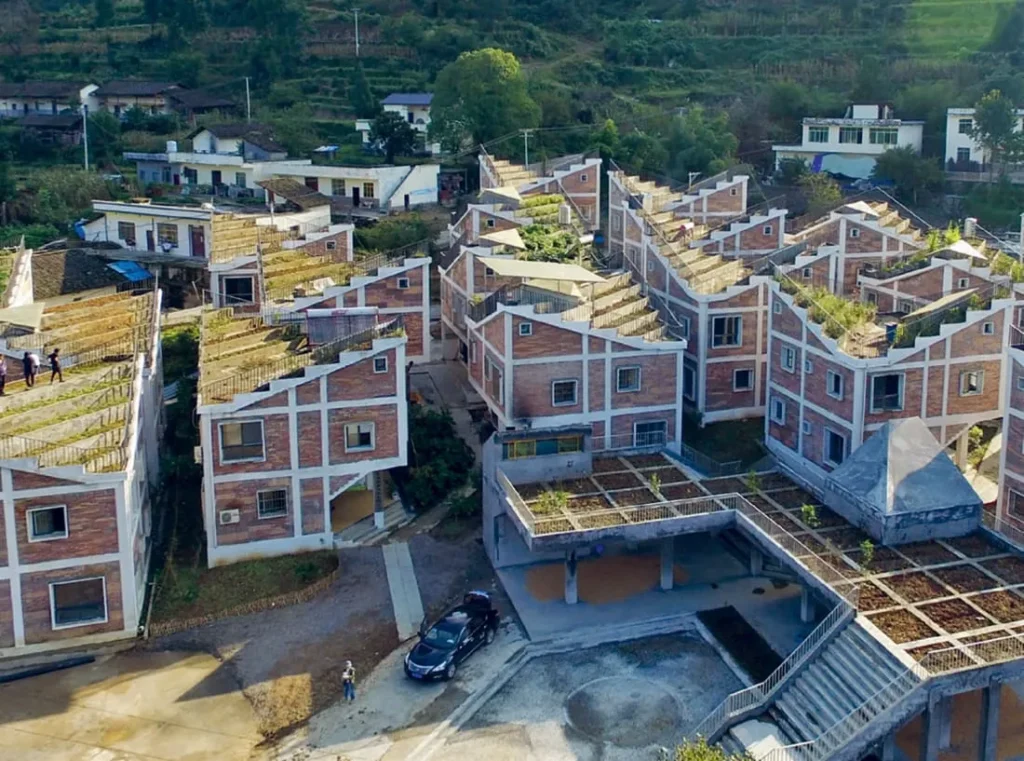
The future of the energy sector will be characterized by the development of microgrids, in Italian microgrids. We talked about it right on March 6, 2020: two more days and he would have already arrived in Italy everything you know. Well: open and (hopefully) closed the painful parenthesis, she starts again.
With the increase in the use of renewable energy sources and the variability of electricity consumption, “microgrid” could be one of the key words of 2023 (together with “hybrid work”). Because building new transmission lines costs more and more, because energy is wasted when it has to travel long distances. Solar panels are integrating new energy storage technologies (for all those who make it easy: "yes, but when there is no sun?"). Especially for local consumption, microgrid means seeking autonomy for both the home and the car.
And then, let's not forget, the energy communities are more autonomous even in the event of problems (such as climate catastrophes, or wars). Microgrids are a basic solution that can be implemented anywhere: imagine small communities that produce electricity from the sun and wind, recharging vehicles during the day and giving light and heat to its citizens at night. Then stop imagining them: you will hear about them, slowly and more and more. Maybe just from next year.
In summary, the end of the year greeting
In conclusion, and returning to us, in the last lines of this end-of-year message I think of you who are actually the first thought: the small community of Futuro Prossimo which grew by a third in 2022, and which remains the most extraordinary phenomenon of this editorial adventure. In the "lounge" on Telegram, where there are the most "aficionados". On LinkedIn, which allows great contacts with research centers and companies mentioned in the articles. Even on Facebook, between excellent ideas and some agitated people who still use social media as we shouldn't, to comment on things they don't even read (thanks to you too, you improve us!). On other social networks. Everywhere. Since 2006 you have accompanied the thought and dream of a better future: once again, thank you. You are the reason for the enthusiasm that drives me through this topic so complex and full of unknowns.
Happy New Year!
